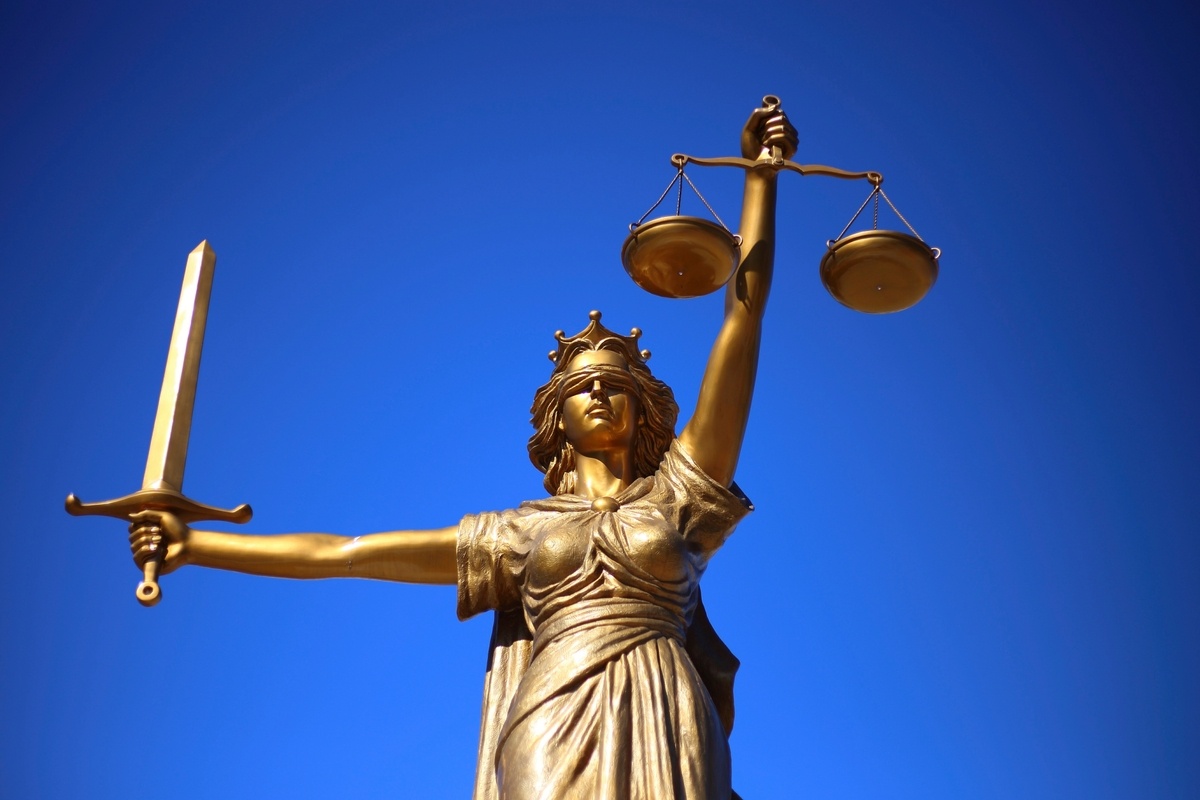Civil Liberties in the War of 1812
Back in March, we posted this teaser for our then-draft chapter on civil liberties and executive power during the War of 1812 which, as you all know, is celebrating its 200th anniversary this year. The book, What so Proudly we Hailed: Essays on the Contemporary Meaning of the War of 1812, has now been published by the Brookings Institution Press, edited by Brookings Senior Fellow Pietro S. Nivola and Peter J.
Back in March, we posted this teaser for our then-draft chapter on civil liberties and executive power during the War of 1812 which, as you all know, is celebrating its 200th anniversary this year. The book, What so Proudly we Hailed: Essays on the Contemporary Meaning of the War of 1812, has now been published by the Brookings Institution Press, edited by Brookings Senior Fellow Pietro S. Nivola and Peter J. Kastor---a historian at Washington University in St. Louis.
While Lawfare readers would probably enjoy much of the book, our chapter, which we are posting here with the permission of the press and which is entitled James Madison, Presidential Power, and Civil Liberties in the War of 1812, is particularly relevant. We discuss the concerted domestic opposition President Madison faced during wartime, how he eschewed the authority to detain American citizens in military custody or try them in military tribunals, and more generally, declined to undertake the sorts of executive overreaches we have come to expect---and even encourage---from our presidents in war. We then discuss several important caveats to Madison's restraint, and conclude that:
Madison did notably less than prevailing constitutional law at the time would have tolerated---and less than his raw power would have permitted him to do. When state courts ordered the release of suspected spies, Madison did not have to comply with their judgments; he could have, as Andrew Jackson did in the same conflict, defied them. He could have argued for a broad interpretation of his powers to detain, try, and punish collaborators with the enemy. He could have sought legislation to empower himself. When his own attorney general and vice president and a sitting justice of the Supreme Court suggested that he seek legislation that would give him legal leverage against his political opponents and U.S. citizens aiding the enemy, he did not have to demur. Many presidents have taken strident constitutional positions before coming to power and have lived to enjoy the embarrassment of taking the opposite view when changed power arrangements counseled it. Madison probably could not have squelched all Federalist dissent, but he did not have to tolerate as much of it as he did with as little pushback as he offered, and he certainly did not have to tolerate conduct as openly traitorous as the Hartford Convention. We should, therefore, understand the gap between what Madison did and what he plausibly could have done as a function of his conviction. That marginal difference goes to the crux of the difference between Madison and the classic wartime president. Madison did somewhat less than he could have done; the typical wartime president, to one degree or another, does more---sometimes a little bit more, sometimes a lot more. Our image of the president in wartime is one of a president who pushes the envelope. Madison sealed his envelope without even filling it completely---let alone overstuffing it.
Enjoy.




.jpg?sfvrsn=d27bd863_5)
